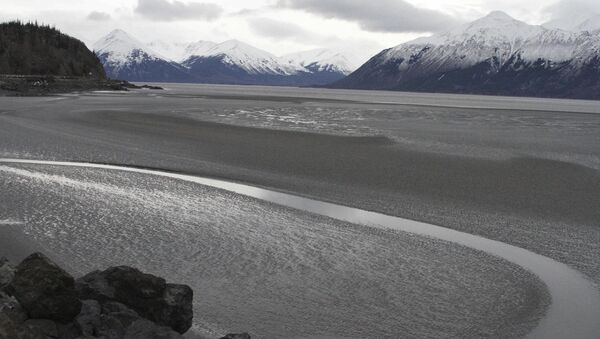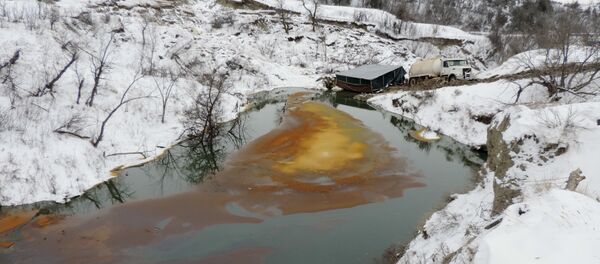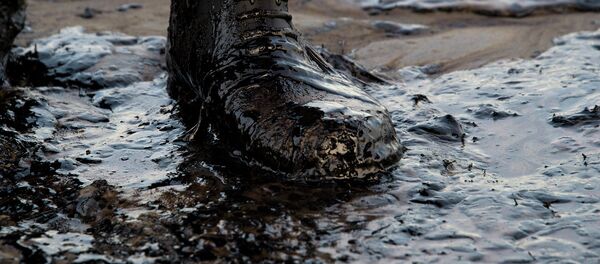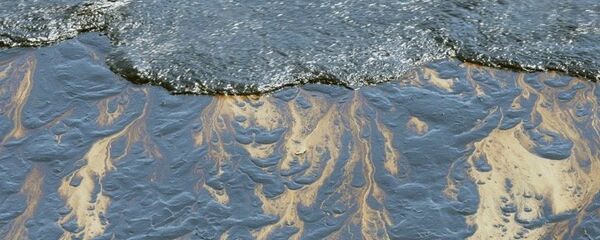The eight-inch pipeline runs 75 feet underwater and connects two oil production platforms in Cook Inlet. Hilcorp say they quickly detected the leak and deactivated both platforms to minimize damage.
However, Kristin Ryan with the Alaska Department of Environmental Conservation (ADEC) was unable to confirm Hilcorp's claims. "We do not know if it's still leaking," said Ryan in a statement. "The reduced pressure should minimize the amount being released from the leak and we have not seen sheening since that time, but we have not been able to confirm."
The broken pipe had a maximum capacity of 461 gallons. The United States Coast Guard considers any maritime spill under 10,000 gallons to be a "minor" spill.
Cook Inlet belugas have an area of over 3,000 square miles as their critical habitat, just off the coast of Alaska's most populous city of Anchorage.
ADEC has not reported any wildlife impact due to the spill. The cause of the leak is under investigation. Hilcorp has announced that they've hired a diver to investigate and repair the line later in the week.
Last week, Hilcorp has to temporarily shut off two oil production platforms also in the Cook Inlet to prevent a further leakage of natural gas from a damaged pipeline. They estimate that the leak has been pouring about 750,000 gallons of natural gas into Cook Inlet every day since it began in mid-February.
ADEC said the incidents were unrelated, but the environmentalist nonprofit Center for Biological Diversity has announced their intentions to sue Hilcorp for the gas leak, and is considering another lawsuit over the oil leak. Hilcorp says they cannot fix the natural gas leak for the moment because the sea ice surrounding the pipeline is too thick.
"We're really worried about what this means for Cook Inlet belugas with the double whammy of an oil spill and gas leak in the same season," Miyoko Sakashita, oceans program director for the Center for Biological Diversity said in an email to Reuters.
Since they entered the Alaskan oil market in 2011, Hilcorp has repeatedly clashed with Alaskan authorities. They were fined multiple times in 2016 for faulty and unsafe business practices.
"Hilcorp's history of noncompliance and its failure to take the rudimentary measure of entering AOGCC's [Alaska Oil and Gas Conservation Commission's] requirements in its regulatory tracking system preclude any claim that Hilcorp has acted in good faith," said the environmental agency in a statement regarding the natural gas leak.





